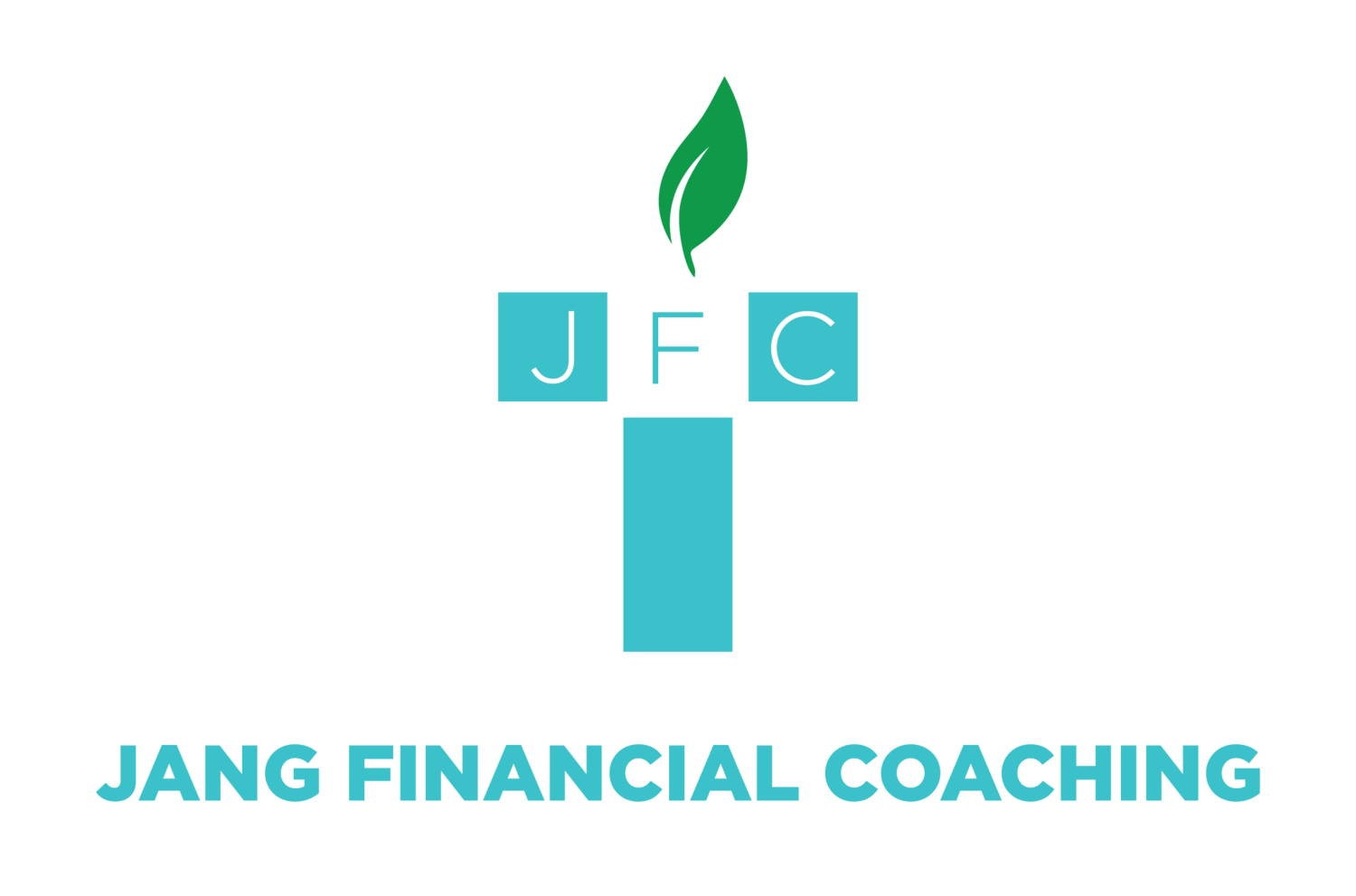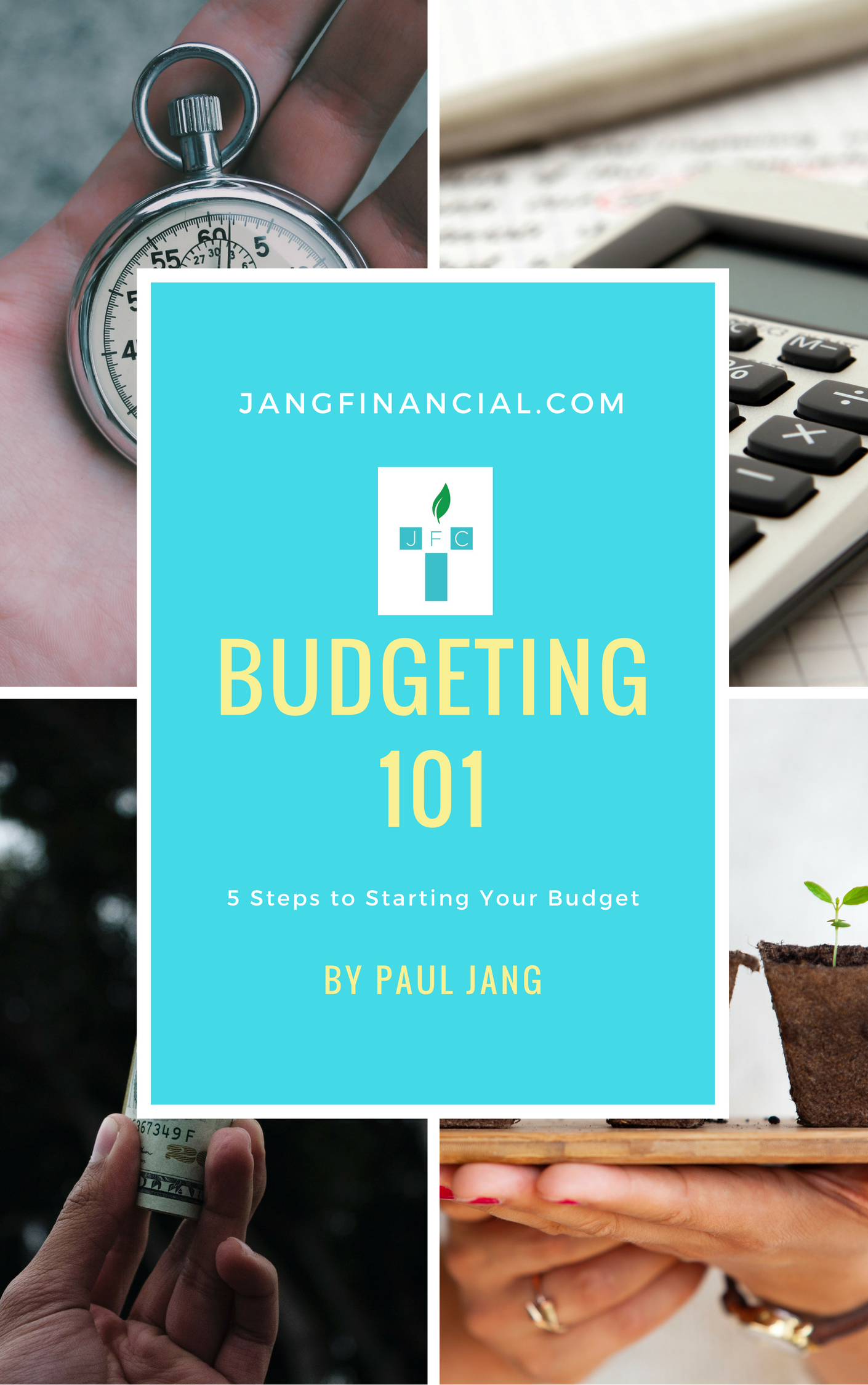A Steward’s Guide to Retiring With Dignity Part 2: Basic Steps
/A couple in their early 60s making around $150K with $100K saved for retirement, investing $6K annually. They make good money, but it’s going to be a while before they get to really retire. If they continue at this rate, in their early 70s, they will have $373,126 after investing for 10 years in a good mutual fund with an average annual return rate of 10%. They will have to make some major adjustments if they want to retire or realistically adjust their timetable quite a bit.
A couple in their early 30s making around $100K with $45K saved for retirement, investing $11K annually. They wonder if they are investing enough but even if they don’t increase their annual contributions, if they just continue their contribution as is in a good mutual fund with an average annual return rate of 10%, they will have a little less than $5 million at age 65. 4% withdrawal of $5 million is roughly $400,000. That’s not bad at all.
1. Know What You Are Investing in (If You Are Contributing to a Retirement Plan)
It’s easy for many people, Christians or not, to feel overwhelmed when they consider their retirement future. Perhaps, that is why many just don’t think about it. Most who are investing in their work-sponsored retirement plans from pensions, 401K or 403B have no ideas what they are investing in. They don’t know whether their company is putting their money in a good mutual fund or an annuity, if it’s being matched or not. They have no idea the kind of fees they are paying, and whether the products they are investing is really the best choice for them or not.
What makes me mad is the way our NJ teachers’ retirement plan is set up, teachers contributing their non-matched money into variable annuities which really serves the salesperson more than the teachers! Why would our school system allow our teachers to put their hard-earned little money into this sort of garbage? They definitely don’t have our teachers’ best interest in mind. Simply put, most of us don’t know very much. So what should we do? We should start by talking with our HR and start learning about it. At the end, we are responsible to know.
Some people complain that their company doesn’t offer anything so they don’t do anything. We could be investing through Roth IRA (after-tax money that grows tax-free), or in a standard IRA (pre-tax money which will be taxed with mandatory withdrawal later on), but either way, the key with the power of compound interest lies in its consistency and longevity.
2. Get Out of Debt
But before really wanting the power of compound interest to work for you, we need to first make sure that we don’t have the power of compound interest working against us. What am I talking about? Debt is what I am talking about. Debt has the power of compound interest working against us so our primary priority if we want to retire with dignity as God’s steward, is to first attack our debt with intensity and stay out of it. (Will do a future post of getting rid of debt with debt-snowball.) While Bible never calls debt sin, it surely has absolutely nothing positive to say about debt.
3. Get On a Cash-Flow Plan
Whether we are getting out of debt or building wealth so we retire with dignity and live with generosity, we need to know where our money is going. That means we need a good working cash-flow plan, AKA budget. So if we want to retire with dignity, we need to make sure we are living with a budget where we are spending less than what we earn and the way we spend reflects our values and priorities in life.
4. Save Up 3-6 Months of Emergency Fund
Having a good cash reserve of 3-6 months of a fully funded emergency fund in a readily accessible liquid cash is also an important part of preparing our retirement because it will keep us from going back into debt once we get out of it. Life will happen and emergencies in life will come our way. It’s not a matter of if, but always when. A friend couple recently informed and appreciated me with a major life emergency that was coming their way, because they had really listened and learned about this basic component of financial stewardship. They knew they didn’t have to freak out. Their emergency fund will keep them from debt. And of course, as we draw closer to our retirement year, we will want to increase that cash reserve significantly to a few years so that if the market fluctuates, we won’t have to touch the principle and leave it alone to let it rebound.
5. Grow in Your Knowledge as a Financial Steward
If we want to grow as God’s stewards, I think it only makes sense that we invest in learning more. You don’t need to read a book per week like some of us who just love to learn and grow in this area, but each of us can and should read at least one personal finance book per year.
6. Let Compound Interest Work for You
If you are reading this and you are in your 20s, know this. You have time and the power of compound interest on your side. Get with it. If you just graduated from college, and are literally 21, did you know that if you just invested $1000 per year for the first 8 years of your working life into a good mutual fund earning 10% annual return rate, even if you stop contributing after 8 years, your total investment will grow to be $427,736 at age 65?! $8000 investment grows to become $427,736! However, if you don’t contribute during the first 8 years, and start contributing at the age of 29, and contribute $1000 per year until age 65 in the same mutual fund, your total will grow to become $363,043! You would have contributed $37000, 8.625 times more than the first person, but would end up with less because you started 8 years late. That is the power of compound interest for you. So what are you waiting for?
If you are in your 30s, you still have time but will need to get going ASAP.
If you are in your 40s, you will really need to start making big sacrifices and adjustments to gain traction.
If you are in your 50s or 60s, depending on how much you have saved for your retirement, know that it is always better to start later than never. There is a good chance you will need to rethink about your expectations on what retirement will look like, or when that will happen.
7. Be Faithful as God's Steward
But the bottom line is this for us who consider ourselves as God’s stewards, recognizing that we are temporarily managing God’s treasures for God’s approval. The good Lord only expects us to do the best we can as we listen to the owner’s intent. We do the best we can with what we have been allotted and the rest is really up to God.
Let me end with my most frequently used analogy when I coach. Living as God’s stewards requires us to recognize two basic things. We need to know where we are, and where God wants us to go. On a financial note, this means we need to know our financial position, our assets and our liabilities, and the way we are currently spending what the Lord has given us. That is where we start. Where God wants us to go is discerned as we spend time listening to him as we ask the Lord, the Owner, who wants us to manage well for his approval. After all, GSP devices only work to help us get to the desired destination if we know exactly where we are. Ultimately for us Christ-followers, the desired destination is his approval. Good job faithful servant!
Are you ready to get started? Contact me at paul@jangfinancial.com if you want to help disciple your congregation as God-honoring stewards from a biblical perspective, or if you yourself want to grow as a steward seeking to practically manage the finances better to hear from our Lord upon his return, “Well done, good and faithful servant. You have been faithful over a little; I will set you over much. Enter into the joy of your master.” (Matthew 25:21, 23)
Questions to Ponder:
1. Do you want to retire with dignity and God’s approval? What are you personally doing to help you get there?
2. What does retirement look like for you (and your spouse)? What sort of life is the Lord calling you to live at such stage?
3. I personally prefer to use the language of financial independence instead of retirement. After all, for me, retirement in today’s sense of not doing anything productive, is not biblical or desirable. So if financial independence is about positioning ourselves so that we don’t work because we have to, but simply because we want to and on our own terms, how might that challenge the way we are thinking about this particular season of life?
4. Is the power of compound interest working for you in your retirement investments or against you in your life due to your debt?
Paul Jang
Pastor | Personal Financial Coach to Individuals & Financial Stewardship Ministry Consultant for Churches
*If you want to automatically receive these weekly blogs, sign up for a free budgeting e-book at www.jangfinancial.com.



